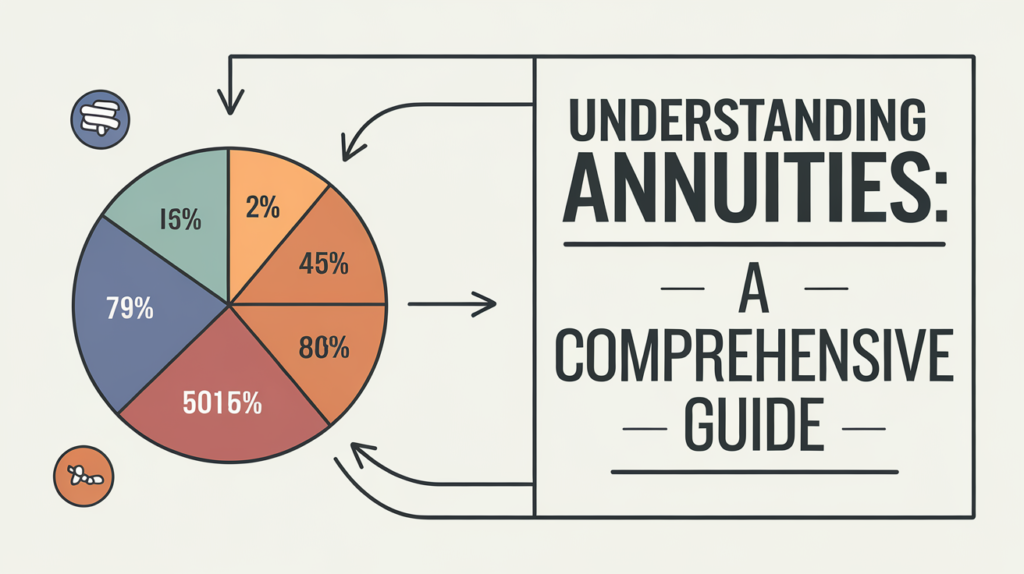Mastering Your Finances: A Comprehensive Guide to Budgeting
Creating a budget is one of the most effective ways to understand where your money goes each month and identify changes you can make to achieve your financial goals. At O1ne Mortgage, we believe that a well-structured budget is the foundation of financial success. Whether you’re saving for a home, paying off debt, or planning for the future, a budget can help you get there. Here’s a step-by-step guide to help you create a budget that fits your lifestyle and financial goals.
Determine Your Income
The first step in creating a budget is to determine your income. If you receive a consistent paycheck monthly or bi-monthly, this step is straightforward. However, if you are paid weekly, biweekly, or have a fluctuating income, you may need to adjust your budget each month based on your expected earnings. For those who are self-employed or have variable wages, consider calculating your average income over the past three to six months. Focus on your take-home pay, as this is the amount that actually ends up in your bank account.
Calculate Your Monthly Expenses
Once you have a clear understanding of your income, the next step is to calculate your monthly expenses. Review your bank and credit card statements from the past three to six months to get an idea of your typical spending. Break down your expenses into categories such as necessities and discretionary spending:
- Necessities: These include rent, utilities, insurance, and other recurring monthly charges. Don’t forget to account for non-monthly expenses like insurance premiums, car registration renewals, and tax bills.
- Discretionary Spending: This includes non-essential expenses like dining out, entertainment, and hobbies. It may be helpful to break these down into more specific categories to better understand your spending habits.
The more detailed your expense categories, the easier it will be to manage your money. However, find a balance that you can maintain without feeling overwhelmed.
Set Realistic Goals
With a clear picture of your income and expenses, it’s time to set financial goals. Whether you want to pay down debt, save for a home, or build an emergency fund, setting specific, measurable, achievable, realistic, and timely (SMART) goals is crucial. Be ambitious but realistic to stay motivated and make adjustments as needed based on your actual spending and saving patterns.
Track Your Spending
Tracking your spending is essential to ensure you stick to your budget. This can be challenging, especially if you make multiple purchases daily or use a mix of payment methods. Consider using budgeting software like You Need a Budget (YNAB) to link your financial accounts and import transactions automatically. This added accountability can help you test your assumptions and adjust your goals as needed.
Pick a Budgeting Plan
There are several budgeting methods to choose from, each with its own approach to managing money. Here are four common budgeting plans to consider:
- Envelope System: Allocate cash for each spending category and place it in labeled envelopes. Once the cash is gone, you can’t spend any more in that category unless you reallocate funds from another envelope.
- 50/30/20 Plan: Allocate 50% of your take-home pay to necessities, 30% to discretionary spending, and 20% to financial priorities like savings and debt repayment. Adjust the proportions as needed to fit your situation.
- Two-Account Plan: Deposit your fixed monthly expenses into one bank account and your discretionary spending into another. This helps you manage fixed costs separately from variable expenses.
- Zero-Based Budgeting: Assign every dollar a role, making your expenses equal to your take-home pay. This detailed approach provides a clear view of your finances but requires a robust emergency fund for unexpected costs.
Stick to Your Budget
Creating a budget is just the beginning; sticking to it is the real challenge. Here are some tips to help you stay on track:
- Be Realistic: Set achievable goals to avoid discouragement.
- Plan Ahead: Keep an emergency fund for unexpected expenses and plan for non-monthly recurring charges.
- Be Flexible: Adjust your budget as your life and expenses change.
- Pivot When Needed: Don’t be afraid to change your approach if your budget isn’t working for you.
- Use Credit Cards Responsibly: Track your expenses and aim to pay off balances in full each month to avoid debt accumulation.
Remember Your Goals
Budgeting is a powerful tool to help you achieve your financial goals, whether it’s saving for a home, paying off debt, or building an emergency fund. At O1ne Mortgage, we’re here to support you every step of the way. If you need assistance with mortgage services, call us at 213-732-3074. Remember, budgeting isn’t just about managing money; it’s about creating the financial future you dream of.
As you gain more control over your finances, consider monitoring your credit as well. A strong credit history and high credit scores can open doors to better financial opportunities. Create an Experian account to access your credit report and FICO® Score for free.
For more tips on budgeting and financial management, stay tuned to our blog. At O1ne Mortgage, we’re committed to helping you achieve your financial goals. Call us today at 213-732-3074 for personalized mortgage services and expert advice.







